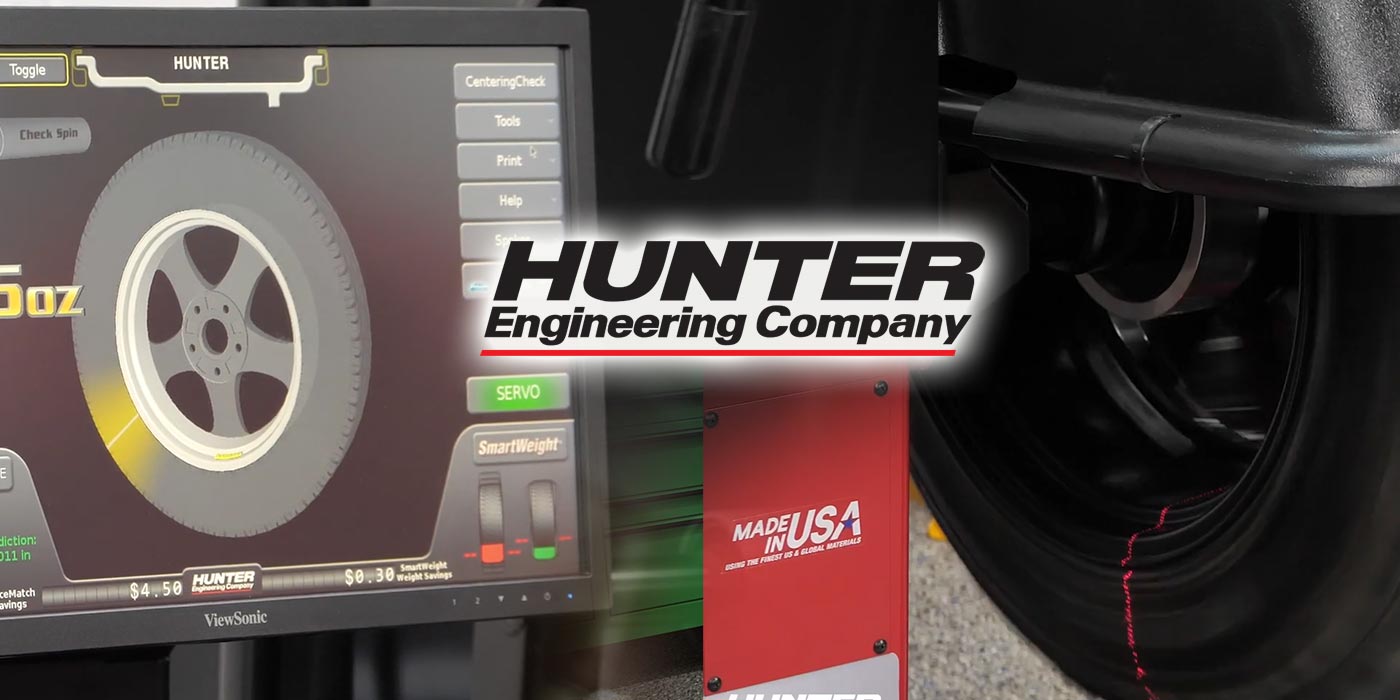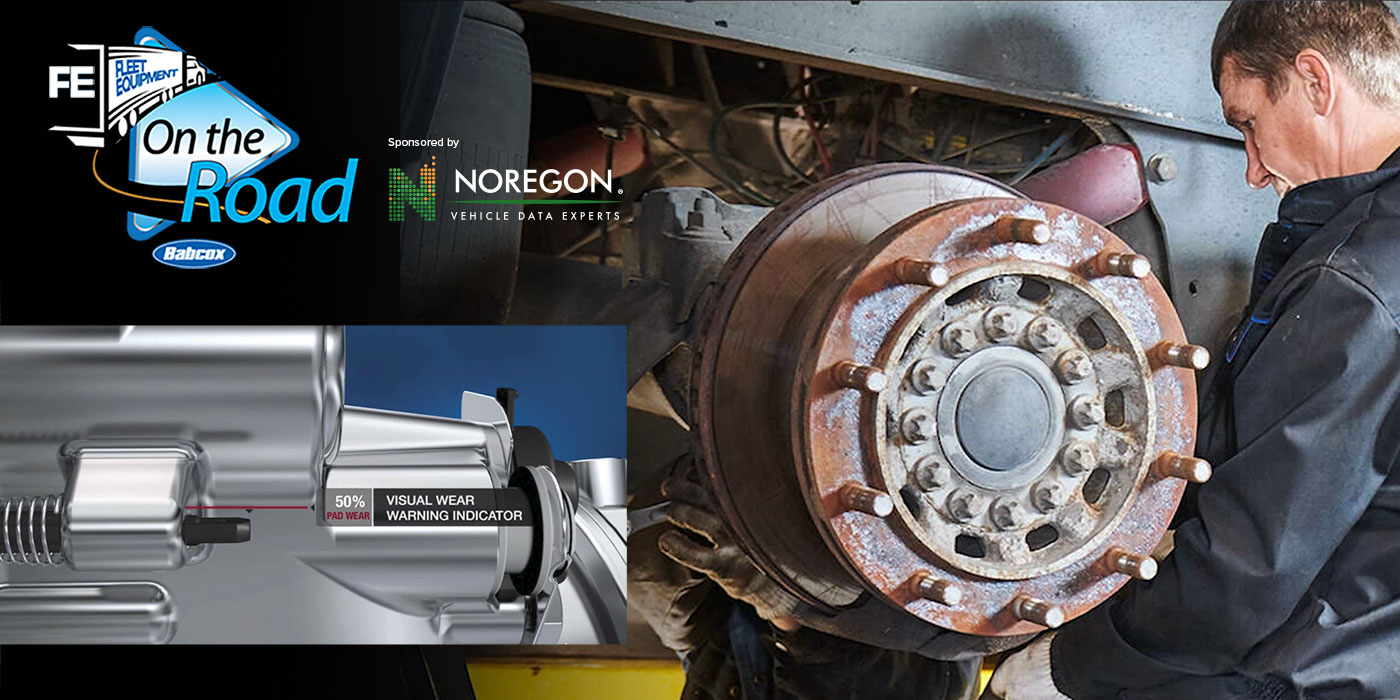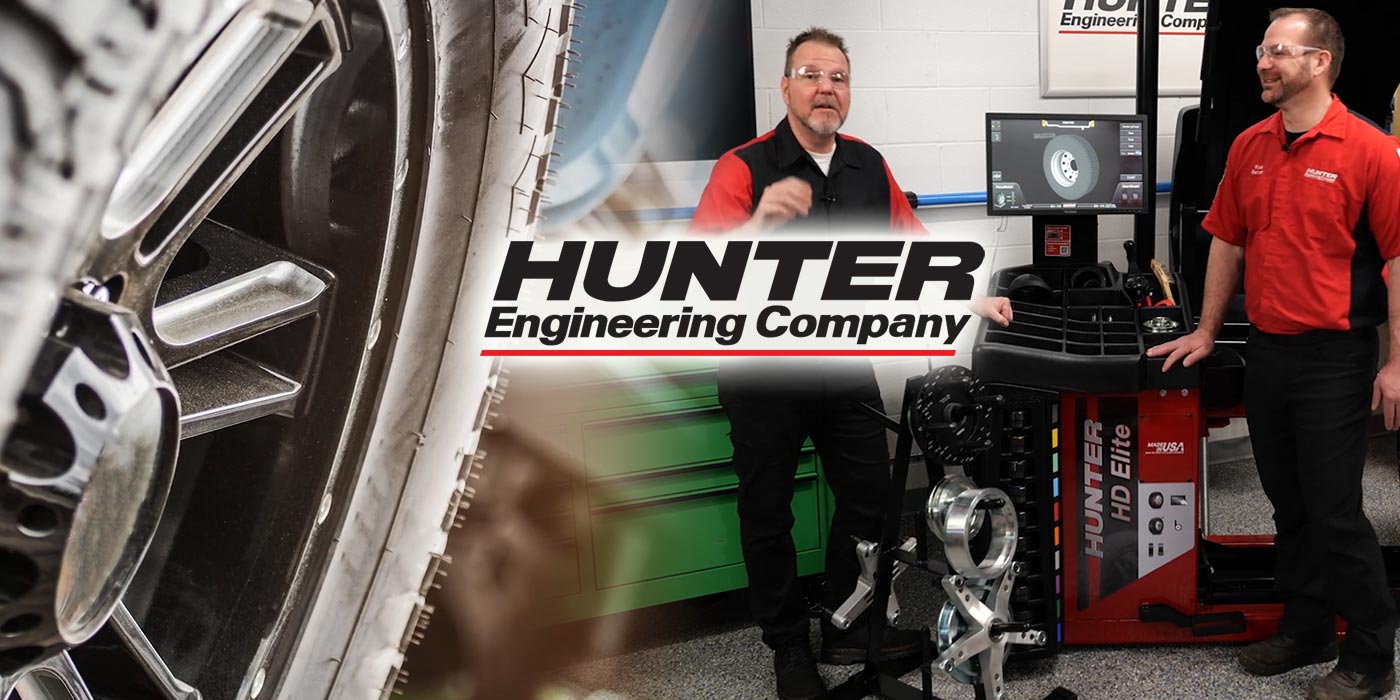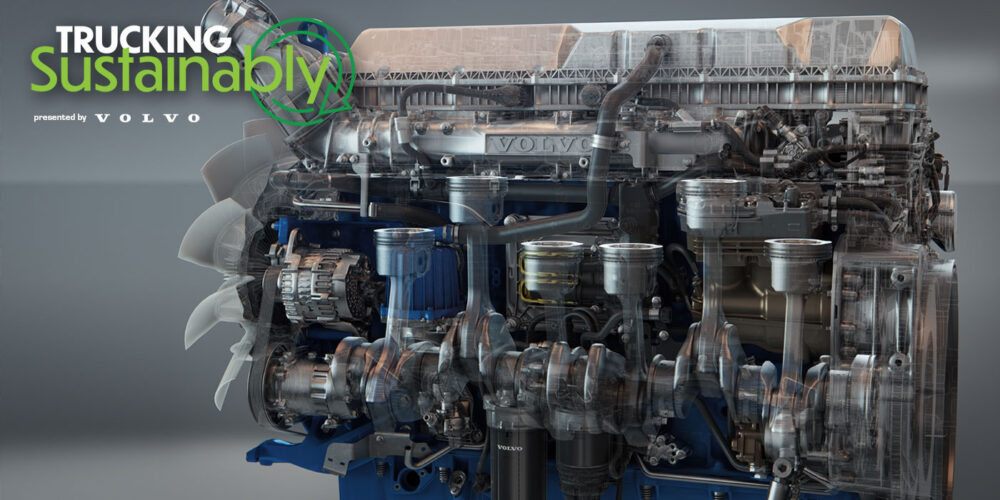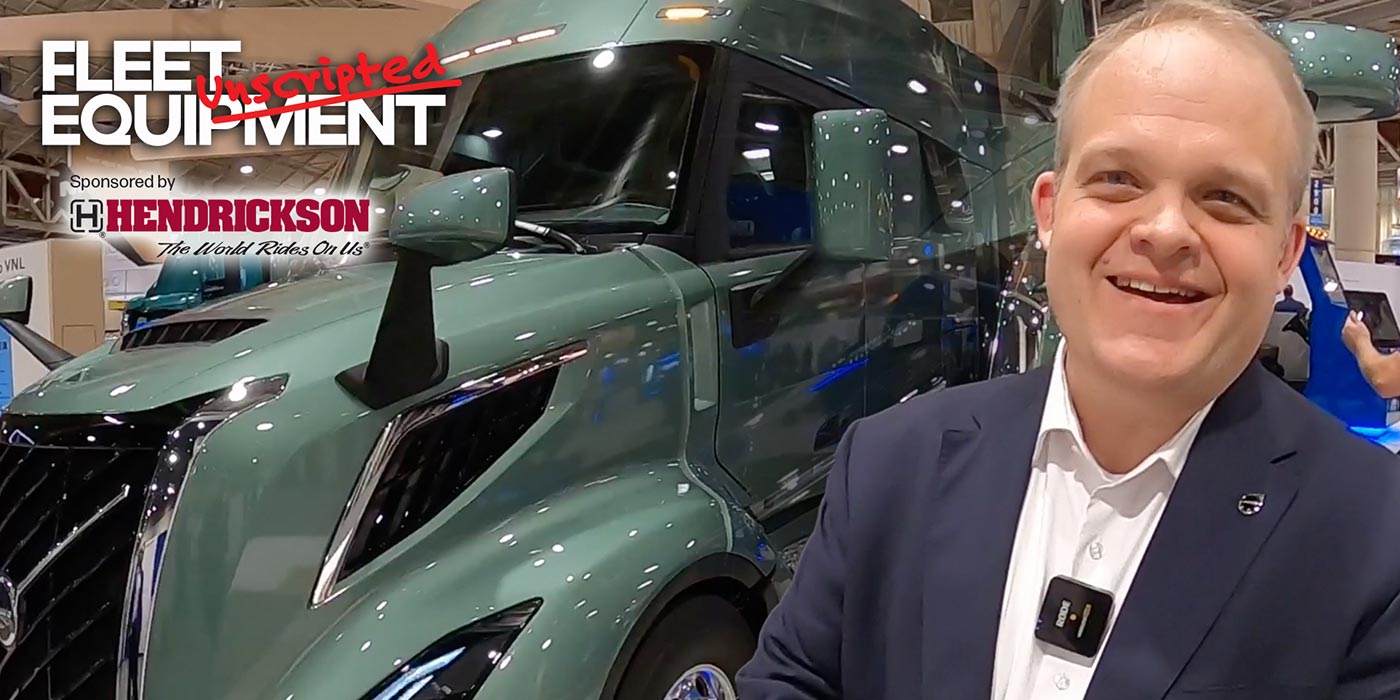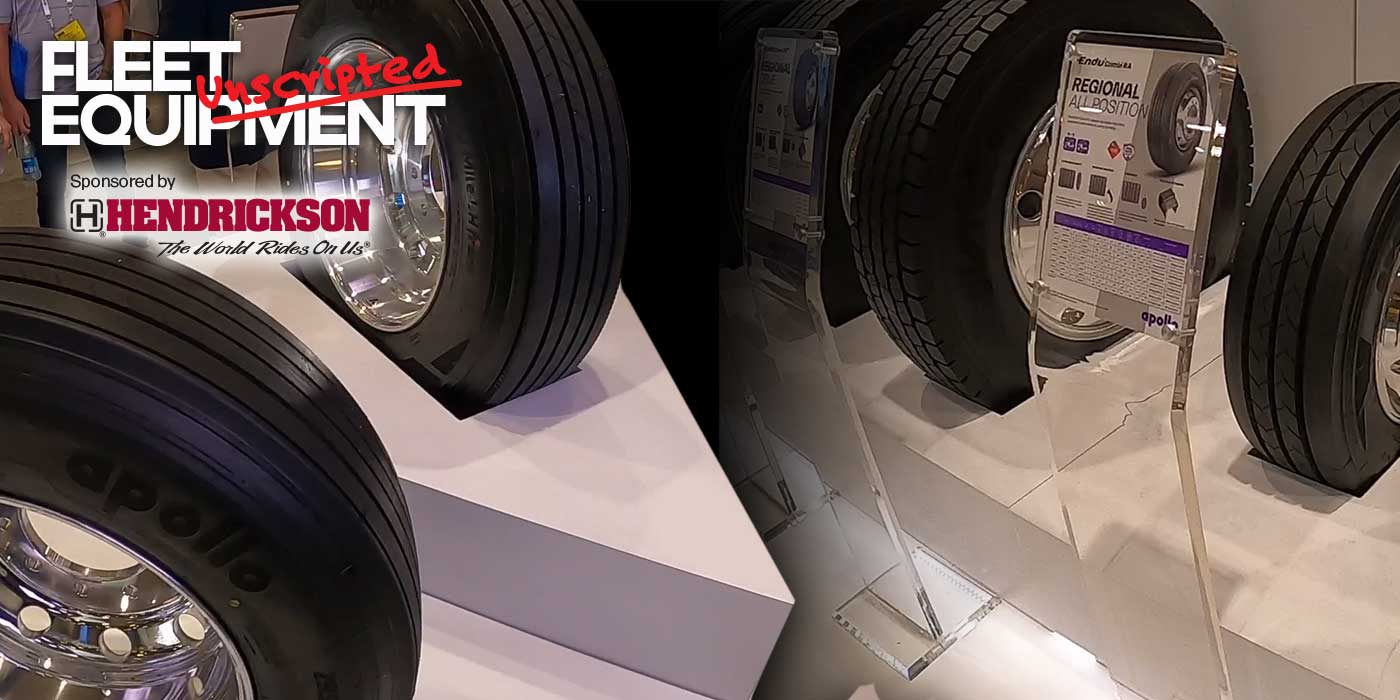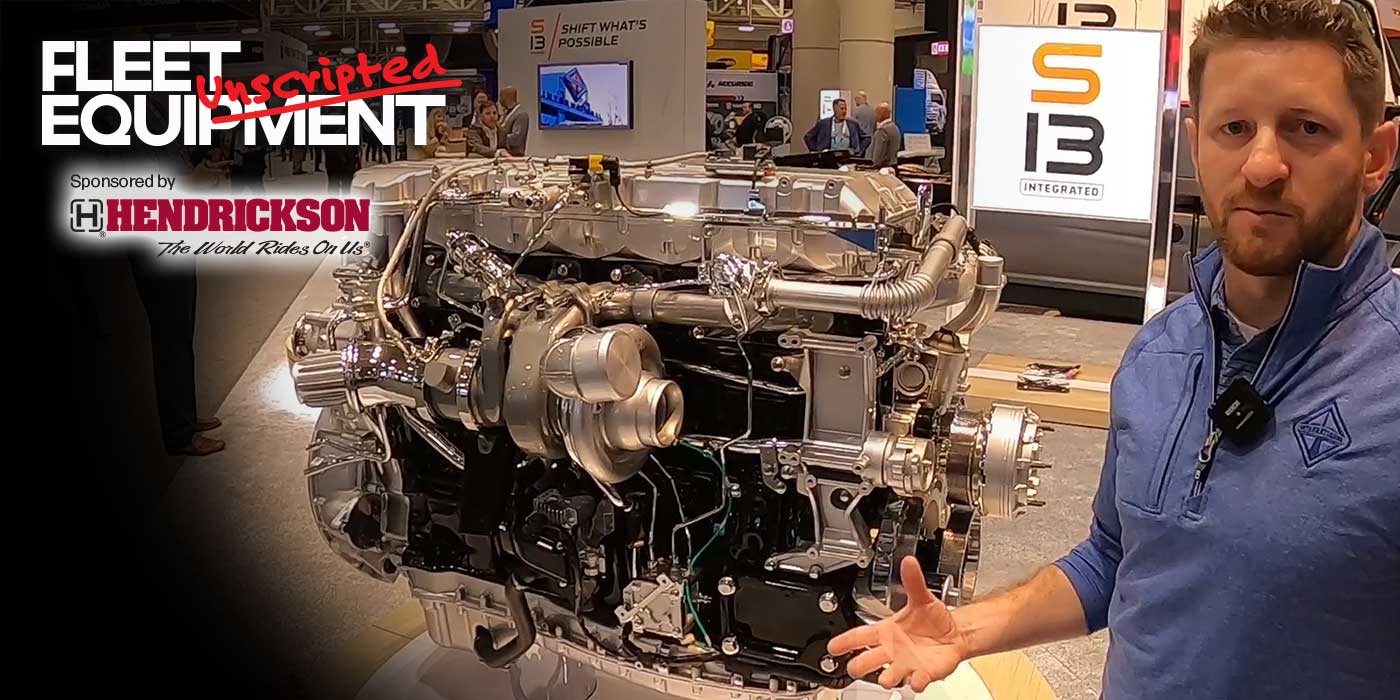Standing with Mike Roeth, executive director, North American Council for Freight Efficiency (NACFE), at ACT Expo just after 13 electric trucks started their daily routes that would be tracked and analyzed for Run on Less—Electric there was a feeling of uncertainty. There had been plenty of talk of what electric trucks could do, but this would be the first time where a fleet operator’s treasure trove of electric truck duty cycle data would be compiled—it would show what electric trucks can do.
Now, the run is over, the results are in (spoiler: Electric trucks can tackle some applications!) and the analysis begins. And there’s plenty of data to analyze. Run on Less—Electric is the most comprehensive electric truck application data set that’s publicly available. Range, charge cycles, deliveries—it’s all there. To find out what the electric tea leaves say, I caught up with Roeth to find out what the biggest surprises were during the run and what lessons the event can teach the industry in the early days of electric truck adoption. Watch the video above for all of his insight.

No script? No plan? No problem. Welcome to Fleet Equipment Unscripted—the video interview series that connects you with the greatest minds in the heavy-duty trucking world.
Bookmark the Fleet Equipment Unscripted page to catch all of our Unscripted episodes, and subscribe to our newsletter by clicking here to have the latest news and in-depth trucking stories delivered straight to your inbox.
Fleet Equipment Unscripted is sponsored by Hendrickson.

